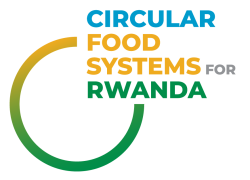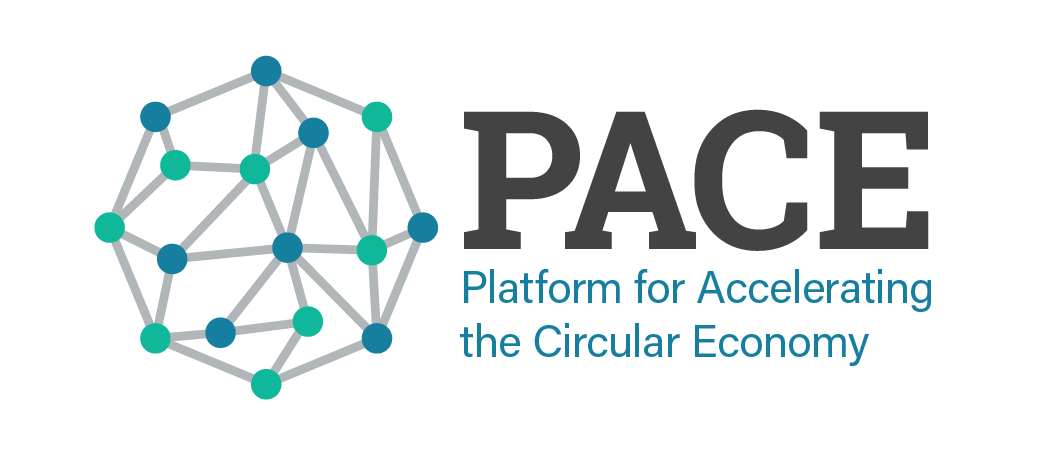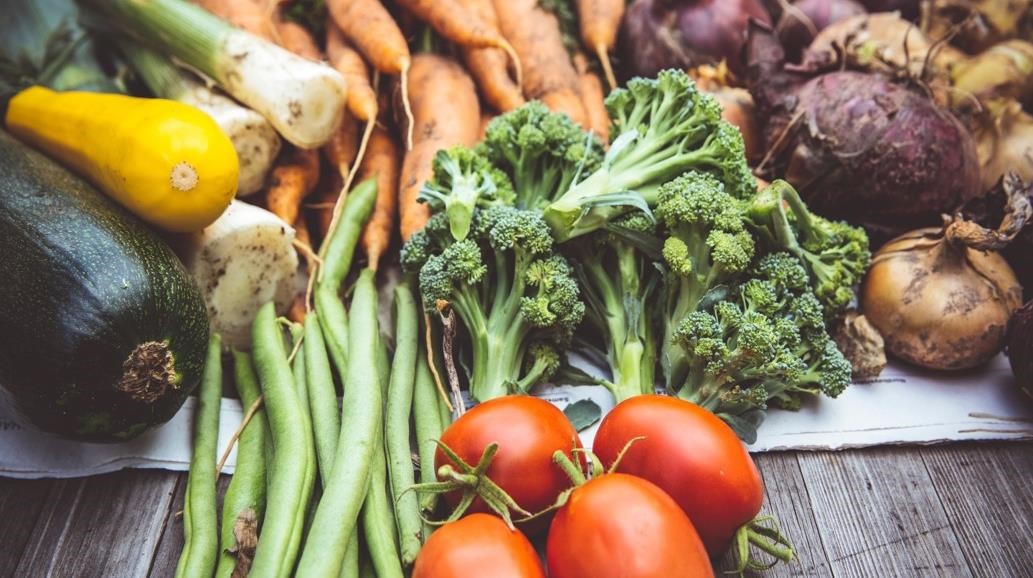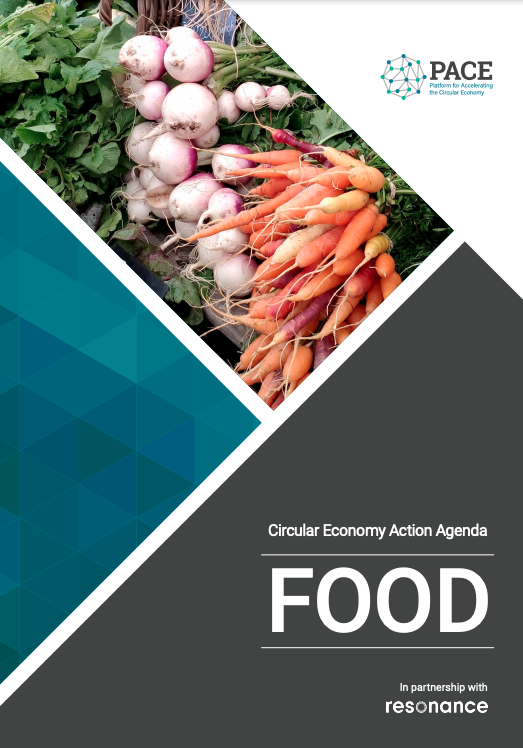Circular Food Systems for Rwanda
The Circular Food Systems for Rwanda project aims to transform Rwanda’s food system so that it is more circular and sustainable.

Location
Rwanda, Africa
Leading partner
Context
Food is fundamental to our health, environment, society and economy, but today’s food system is wasteful, resource-intensive and polluting. A third of food is lost or wasted. Food waste and byproducts are landfilled or incinerated. Meanwhile, 800 million people worldwide don’t have enough to eat.
Building a circular economy for food will be crucial to support the world’s growing population, expected to be 9.7 billion by 2050, while operating within planetary boundaries.
In a circular economy for food:
- Food is produced in ways that regenerate nature
- Food is not lost or wasted
- Commonly wasted resources are used productively
Circular Food Systems for Rwanda aims to put these principles into practice in Rwanda by supporting small and medium-sized enterprises (SMEs) to adopt circular business models, and by creating an enabling policy environment to catalyze system transformation.
About Circular Food Systems for Rwanda
This project will translate the global ambitions of a circular economy into locally-led outcomes at a national level.
The project is made up of two interlinked workstreams:
- SME Development Fund – A development fund that provides technical support to SMEs in Rwanda to improve their ability to utilize circular business model
- Policy and Stakeholder Engagement – Effective policy and stakeholder engagement to create a stronger enabling environment for food systems transformation in Rwanda.
Rwanda’s leading role in the circular economy
Rwanda has played an important role in leading the way towards a circular economy. It was one of the first countries to ban single-use plastic bags in 2008. In 2021, Rwanda collaborated with Peru to draft the international resolution adopted at UNEA 5 that aims to end plastic pollution. The country is a founding member of the African Circular Economy Alliance (ACEA) and the Global Alliance on Circular Economy and Resource Efficiency (GACERE), and uses both platforms to build interest and momentum on circularity in Africa and beyond.
Rwanda has great potential to transform its food systems through a circular economy. The agriculture sector engages more than 70% of the population, including more than six million small scale producers, and accounts for 33% of Rwanda’s GDP. At the same time, UNEP’s Food Waste Index 2021 report estimates that 164kg of food is wasted per capita in Rwanda every year. Transitioning towards a circular economy has the potential to improve the economic, social and environmental impacts of the food system.
The project is supported by the IKEA Foundation and runs from 2022 to 2024. It is delivered by WRI Africa in close partnership with the Cleaner Production and Climate Innovation Centre from the Government of Rwanda, the African Circular Economy Alliance, the African Circular Economy Network, Resonance and PACE.


